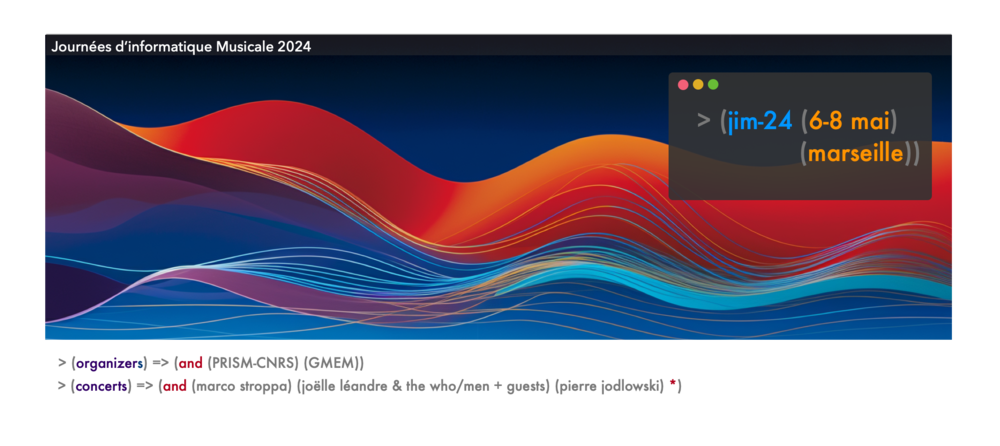KeynotesSpeakers: Elaine Chew, David Meredith, David De Roure, Marco Stroppa. Elaine Chew Professor of Engineering | King’s College London ( Department of Engineering | School of Biomedical Engineering & Imaging Sciences ) Music, Mathematics, and the Heart: A mellifluous mélange 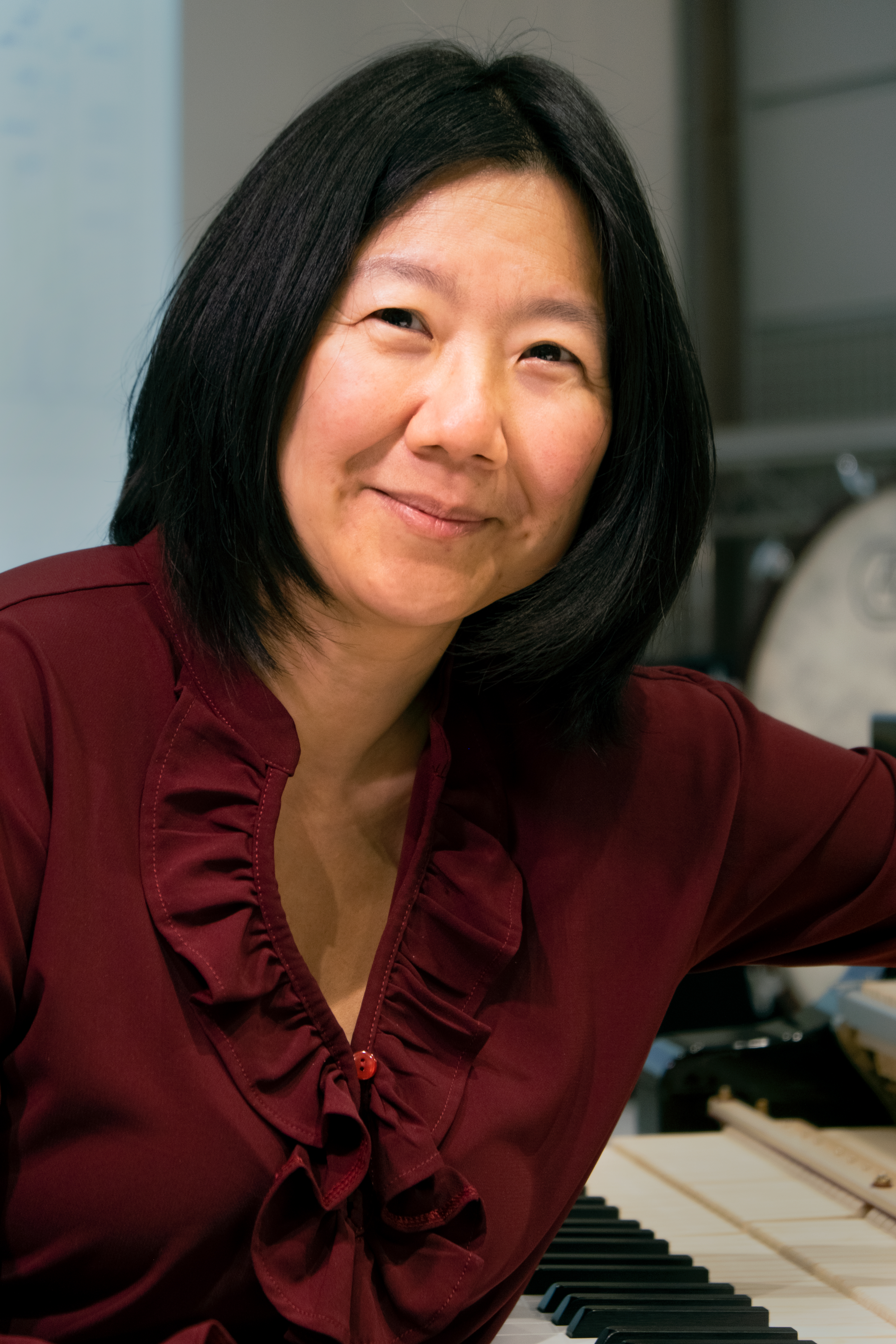
Keynote Pitch Biography Operations research and pianist Elaine Chew is Professor of Engineering in the Department of Engineering and in the School of Biomedical Engineering & Imaging Sciences at King's College London. Born in Buffalo, NY, and raised in Singapore, Elaine studied music and computational maths at Stanford and proposed the spiral array model in her PhD at MIT. A pioneering music information researcher, she is forging new paths between music and cardiovascular science. She is PI of COSMOS, using citizen+data science to probe music structures created in performance, and HEART.FM, making tools and techniques to study how these structures affect cardiac response. Her work has been recognised by the ERC, PECASE, NSF CAREER, and Radcliffe Institute for Advanced Study at Harvard.
David Meredith (Department of Architecture, Design and Media Technology Aalborg University, Denmark) Geometric Compression Algorithms for Music Analysis 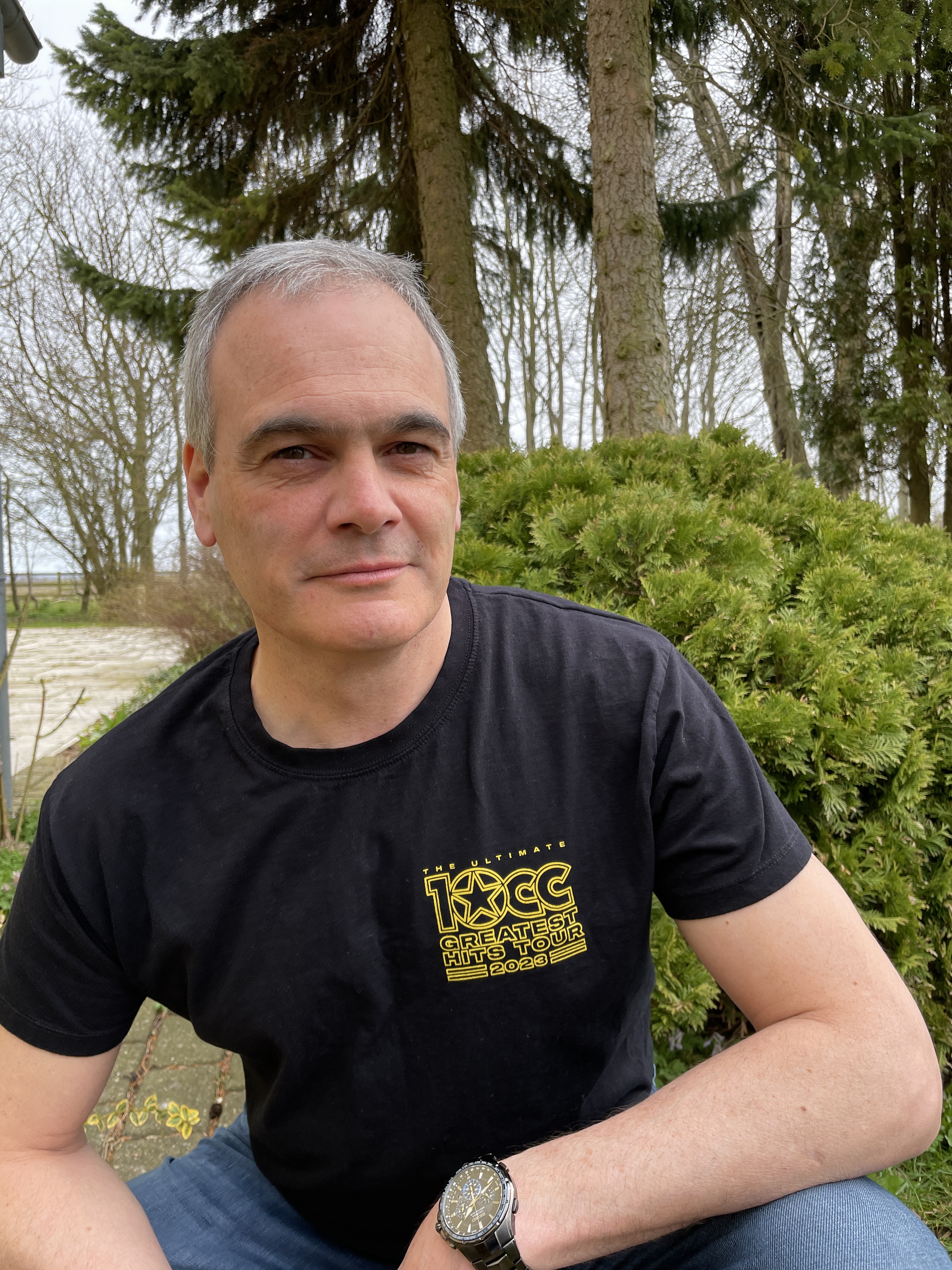
Keynote Pitch Biography David Meredith is an associate professor in the Department of Architecture, Design and Media Technology at Aalborg University (AAU), Denmark. He is also editor-in-chief of the Journal of New Music Research. His research has focused on the development of algorithms for analysing music. He invented the SIA, SIATEC and COSIATEC geometric pattern discovery algorithms which laid the foundation for a significant body of subsequent work on geometric methods for analysing and generating music. He also invented the ps13 pitch spelling algorithm which has been widely used in both commercial and open-source music processing applications. He was AAU’s principal investigator on the EU project, “Learn to Create” (2013-2016), and editor of the anthology, Computational Music Analysis (Springer, 2016). He holds bachelor and masters degrees in music and natural sciences from the University of Cambridge, and a doctoral degree (D.Phil.) from the University of Oxford.
David De Roure Academic Director of Digital Scholarship at the University of Oxford, Technical Director of the Centre for Practice and Research in Science and Music (PRiSM) A PRiSM in a Music Conservatoire: Interdisciplinary creative practice at the RNCM Centre for Practice & Research in Science & Music 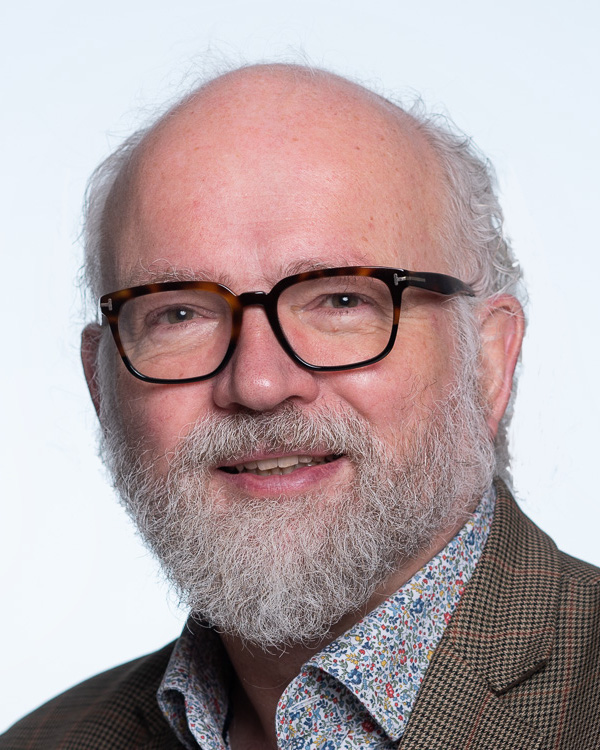 Abstract : Biography David De Roure is Academic Director of Digital Scholarship at the University of Oxford, and a founding member and Technical Director of the Centre for Practice and Research in Science and Music (PRiSM) at the Royal Northern College of Music in Manchester, UK. With a background in Music Information Retrieval, David's personal research today is at the intersection of music, maths, machines and AI, empowering the creative human in music composition and performance. He is a Turing Fellow at The Alan Turing Institute, where he is a passionate advocate for musical improvisation as an essential rehearsal for our AI futures. David is also involved in digital research infrastructures, and has been involved in running the Digital Humanities at Oxford Summer School since 2011.
Marco Stroppa Composer, professor at HMDK (Hochschule für Musik und Darstellende Kunst Stuttgart) From the legacy of Jean-Claude Risset (rule-based synthesis) to interaction composition (Antescofo) through Chromax and symbolic signal processing: perspectives and prospects. 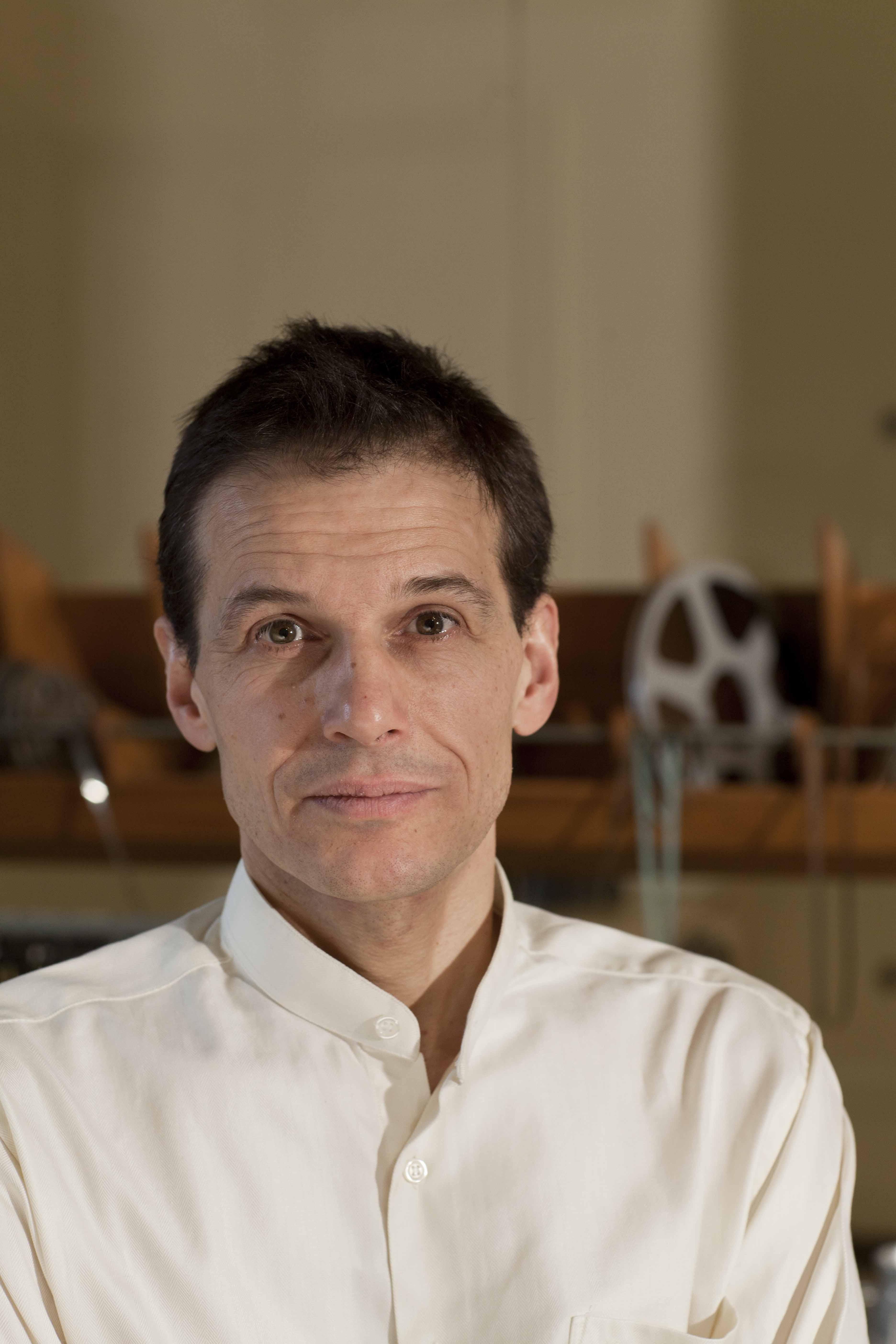
Abstract : Biography Composer, researcher and teacher, Marco Stroppa (Verona, 1959) studied music in Italy (piano, composition, electronic music). To grasp how computers “think”, he pursued research in computer science, cognitive psychology and artificial intelligence at MIT’s Media Laboratory (1984-86). In 1980 he composed Traiettoria. In 1982 Pierre Boulez invited him to Ircam. This uninterrupted association has been crucial to his musical growth. In 1999, after teaching at the CNSMD (Paris), he became professor of composition at the Musikhochschule in Stuttgart, the successor of H. Lachenmann. He invented the term “electroacoustic totem” for The Enormous Room, a cycle of works for solo instruments and “chamber electronics” based on poems by E. E. Cummings. He wrote Come Play with me, the first concerto for solo electronics and orchestra, (Donaueschingen, 2019, Pascal Rophé and the SWR Symphonieorchester). Stroppa wrote over 50 essays about his music and scientific research. In 2019, Musik-Konzepte dedicated its Vol. 186 to him, under the supervision of Dr. E. Ungeheuer. In 2019-20, he was a fellow of the prestigious Wissenschaftskolleg in Berlin. His first opera (Re Orso), on a text by Arrigo Boito, was premiered with great success in May 2012 at the Opéra Comique (Paris).
|
